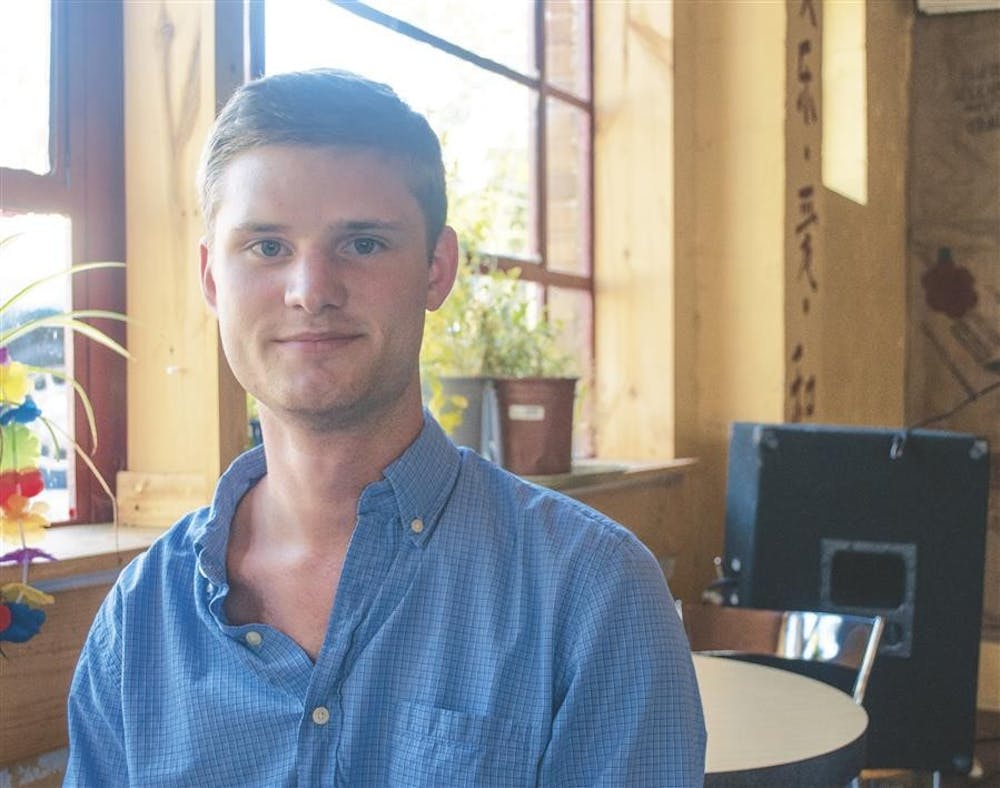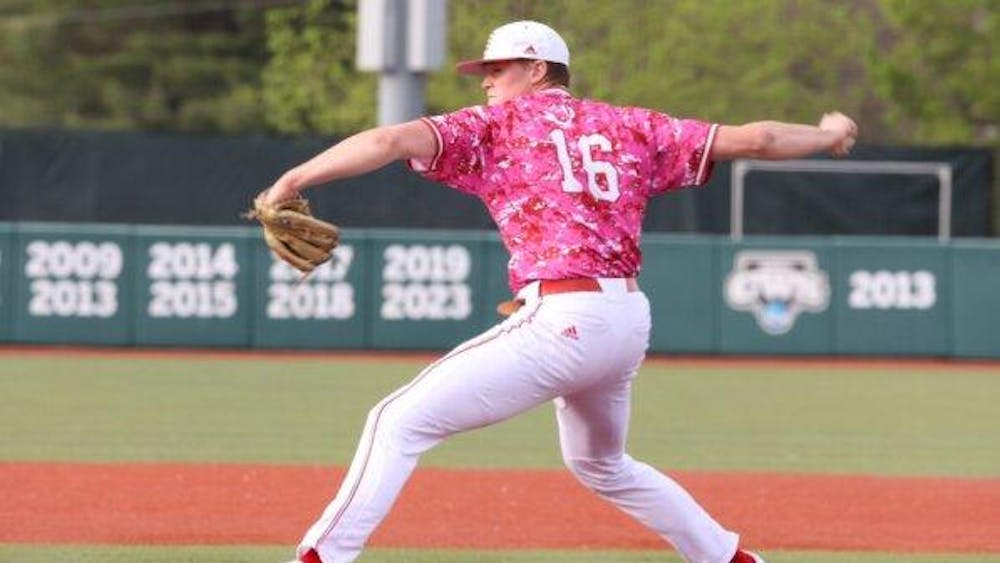IU researchers are working to end the silence surrounding transgender injustice in the military.
IU associate instructor Joshua Trey Barnett and research associate Brandon Hill accepted a $12,000 grant to study issues surrounding transgender-related healthcare in the U.S. Military.
The PALM Center research institute in San Francisco commissioned Barnett and Hill as part of its Transgender Military Service Initiative.
The institute’s research focuses on gender and sexuality issues in the military.
Ten other nationwide studies relating to uniform regulations, cost and complexity of care and transgender sports are included in the project, which is the first of its kind.
“We’re hoping to assess and evaluate the lived experiences of people who are currently or have been in the military and also identify as transgender,” Barnett said.
One hundred and fifty active duty and veteran transgender service members will be surveyed as a part of the study.
Hill said the attitude-based questionnaires are designed to get a sense of what changes would affect service members the most.
In-depth interviews will provide information on what changes are necessary to accommodate a transgender person’s healthcare needs.
Cross-sex hormone administration and reconstructive surgeries require specific types of medical care unavailable to active service members.
“As an active-duty person, you cannot receive special medical treatment, psychiatric or physical care if you identify as transgender,” he said. “It doesn’t exist.”
The researchers aim to pinpoint significant differences between active duty and veteran transgender healthcare resources.
Barnett said active-duty service members often hide medical needs from their government-commissioned doctors for fear of discharge.
Rachael Jones, a transgender Bloomington resident and owner of Rachael’s cafe, said liver care and psychiatric support is vital to a transitioning individual.
“Male-to-female transgender individuals face a much harder time in institutional situations,” Jones said.
“Once you become a veteran, the U.S. Department of Veterans Affairs provides mental and physical transition-related healthcare,” she said.
“That includes mental healthcare, hormonal replacement therapy and also gender-specific care.”
Director of IU Veterans Services Margaret Beachtold said the only medical support not available to veterans is sexual-reassignment surgery.
“The VA hospital hosts support groups that transgender IU student veterans have attended,” she said.
Hill said in a press release that he sees a disjuncture between health care standards for transgender individuals, military policies and the VA’s policies on how best to treat transgender service members.
Even with the repeal of “Don’t Ask, Don’t Tell,” active-duty service members are not allowed to serve as transsexuals.
“Transgender service members are understood through a psychosexual disorder lens,” said Barnett. “The Department of Defense takes a very different approach to them as human beings and categorizes them as not fit for service.”
Barnett said transgender individuals choose between several options regarding active service in the military.
“Either they can come out and be discharged, or they can remain in the military, not come out and delay the medical and mental healthcare treatments they need as a transgender individual,” he said.
Researchers will publish initial results of the survey in January 2014.
“We need to be thinking about the ways we care for our service members, whether they are transgender or not, and interrogating it in a critical way,” Barnett said.
Follow reporter Matthew Bloom on Twitter at @matthew_bloom.
Research targets transgender issues

Get stories like this in your inbox
Subscribe





